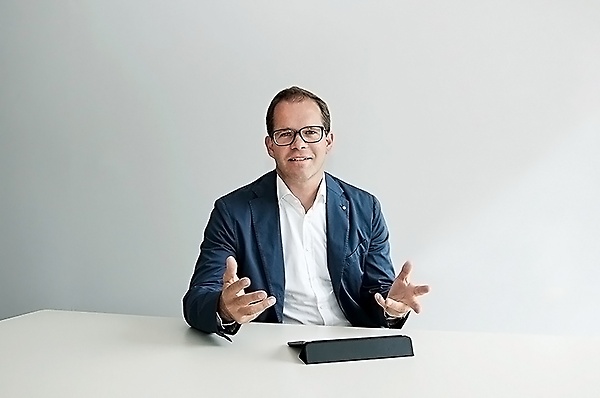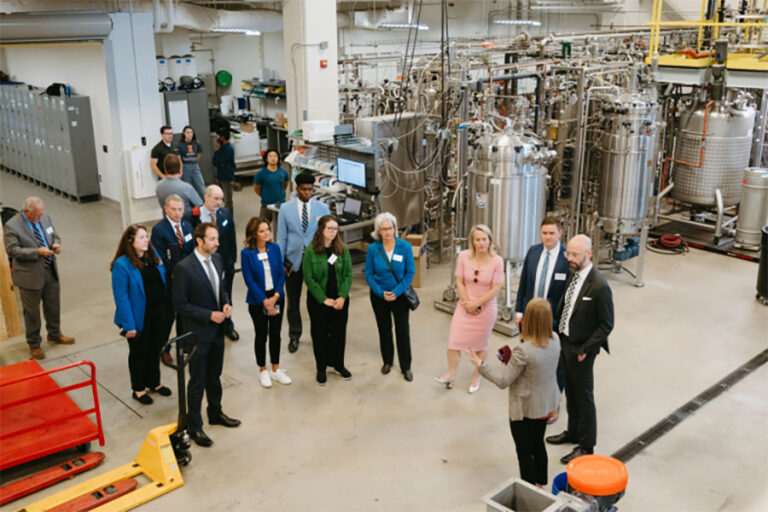
How will connectivity transform vehicles?
Connectivity is just part of digitalization, which is leading to profound changes in the industry that will affect our business in every way. Our target is to become the leader in digital technologies. We see four trends that will change mobility in the future as fundamentally as the invention of the automobile did 130 years ago: e-mobility, autonomous driving, shared mobility and digitalized ecosystems.
At Daimler, we see digitalization as an opportunity. It will make our products more convenient, personalized, up-to-date, and safer, providing greater pleasure and relevance to our customers.
“It is our responsibility to shape the future of safe, sustainable mobility.”
Wilko A. Stark, VP Daimler Strategy & Product Strategy and Planning, Mercedes-Benz Cars
How does that affect sustainability?
Connectivity makes personal mobility more efficient. In Germany alone traffic jams cause macroeconomic costs of over €17 billion a year. Preventing them can save fuel and avoid emissions. Vehicle-to-vehicle technology helps do that. With autonomous driving technology, we can expect another increase of efficiency. The intelligent operating systems on our hybrid cars adjust acceleration and braking to the road ahead. On the production side, IoT allows for leaner production methods, reducing the use of natural resources and waste![]()









